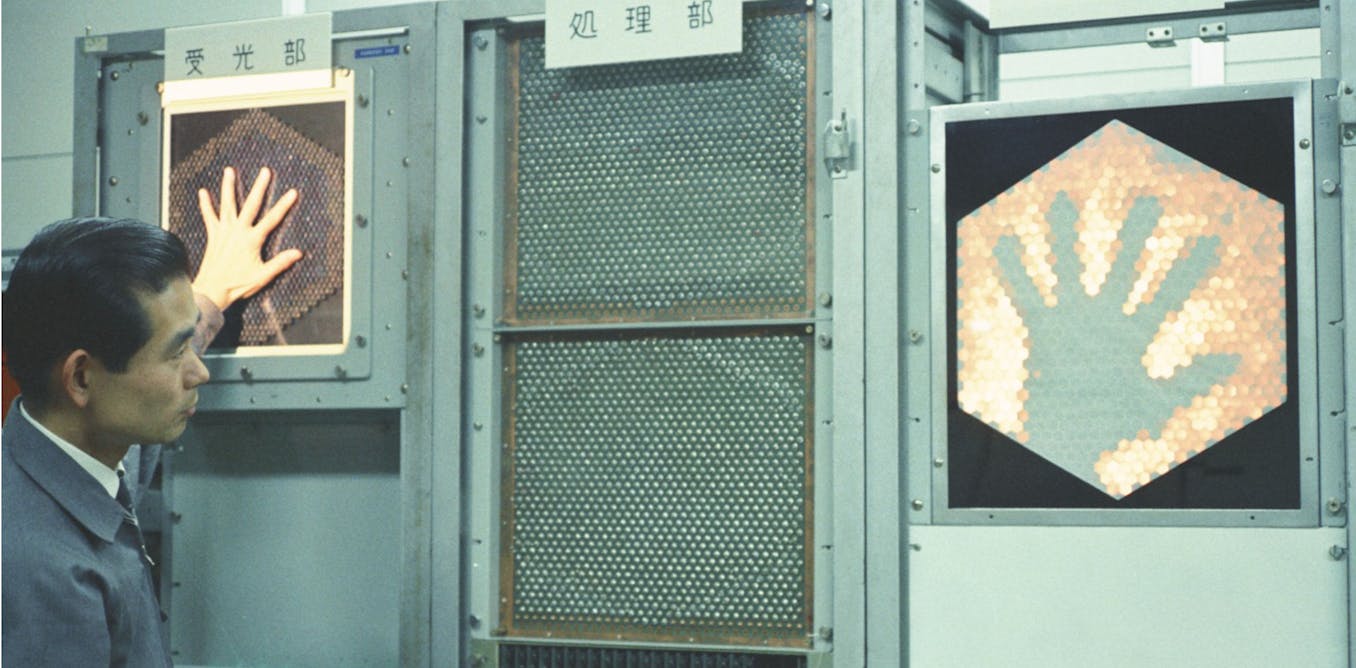Highlighting Japanese Contributions to Artificial Intelligence
Japanese scientists were pioneers of AI, yet they’re being written out of its history 🔗

Japanese researchers have played a crucial role in the development of artificial intelligence (AI), particularly in neural networks, but their contributions are often overlooked in favor of Western figures like John Hopfield and Geoffrey Hinton, recent Nobel laureates. Pioneers such as Shun’ichi Amari and Kunihiko Fukushima laid foundational work in neural network theory and architecture long before the current AI boom. Despite their significant contributions, the narrative around AI history has largely been North American-centric, leading to a one-sided understanding of the field. Current efforts aim to highlight these overlooked figures and integrate their work into the broader history of AI, emphasizing a more human-centered approach that considers the ethical and cognitive implications of AI technology.
- Japanese researchers pioneered critical advancements in neural networks.
- Shun’ichi Amari and Kunihiko Fukushima made foundational contributions that predated Hinton and Hopfield.
- The history of AI is often told from a North American perspective, neglecting significant global contributions.
- A human-centered approach to AI research could enhance understanding and control of AI technologies.
Why are Japanese researchers frustrated regarding the Nobel Prize in Physics?
Japanese researchers feel overlooked despite their significant contributions to AI and neural networks, especially compared to the recognition given to North American researchers.
What was Kunihiko Fukushima's approach to AI?
Fukushima's work focused on understanding biological processes and visual information processing, aiming to develop neural networks as simulations of human cognition, rather than for practical applications.
How has the historical narrative of AI impacted our understanding of the technology?
The North American-centric narrative has led to a lack of recognition for diverse contributions, which could provide alternative insights into the ethical and cognitive challenges of AI development.